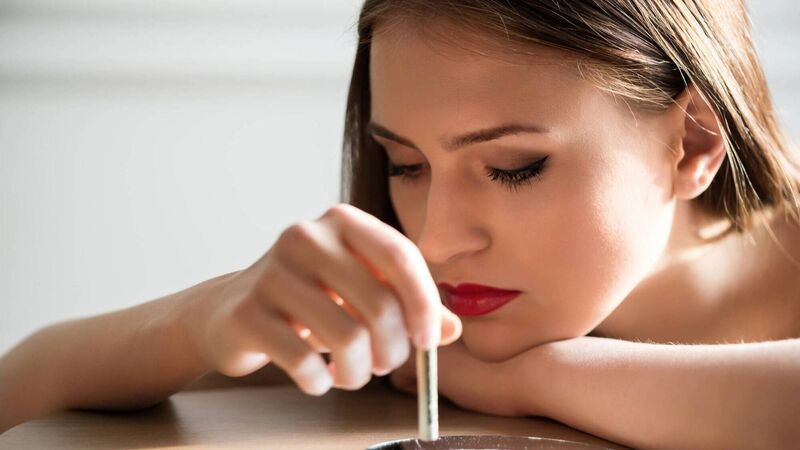'I thought I had the whole world fooled. I couldn't control it': Rural Ireland’s love affair with cocaine

Although most of the cocaine users being treated for addiction in Ireland are men, the number of women in treatment is increasing, and they are across every area and every social class.
“Cocaine will probably go down in history as the drug that broke the socio-economic demographic boundary that everybody perceived. Even though there is still a higher prevalence of drug abuse in areas of poorer education and higher unemployment, that is becoming progressively less pronounced because of the widespread use and availability of cocaine,” said Michael Guerin of addiction centre Cuan Mhuire.
“Cocaine dependence is absolutely no respecter of education, affluence, poverty, deprivation or any such social, economic or financial factor that we would have seen heretofore being a predictor for the prevalence of addiction.”











